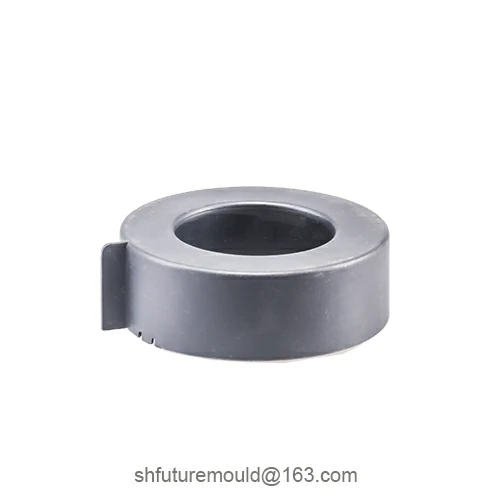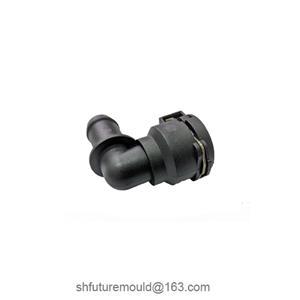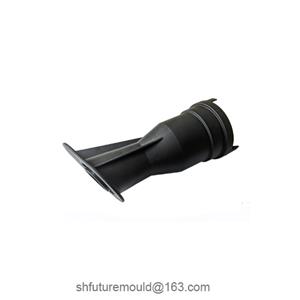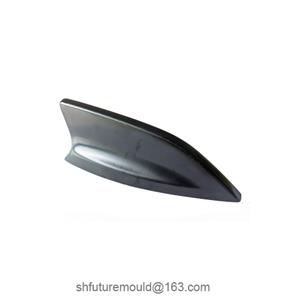Do you know the material requirements for injection mold manufacturing?
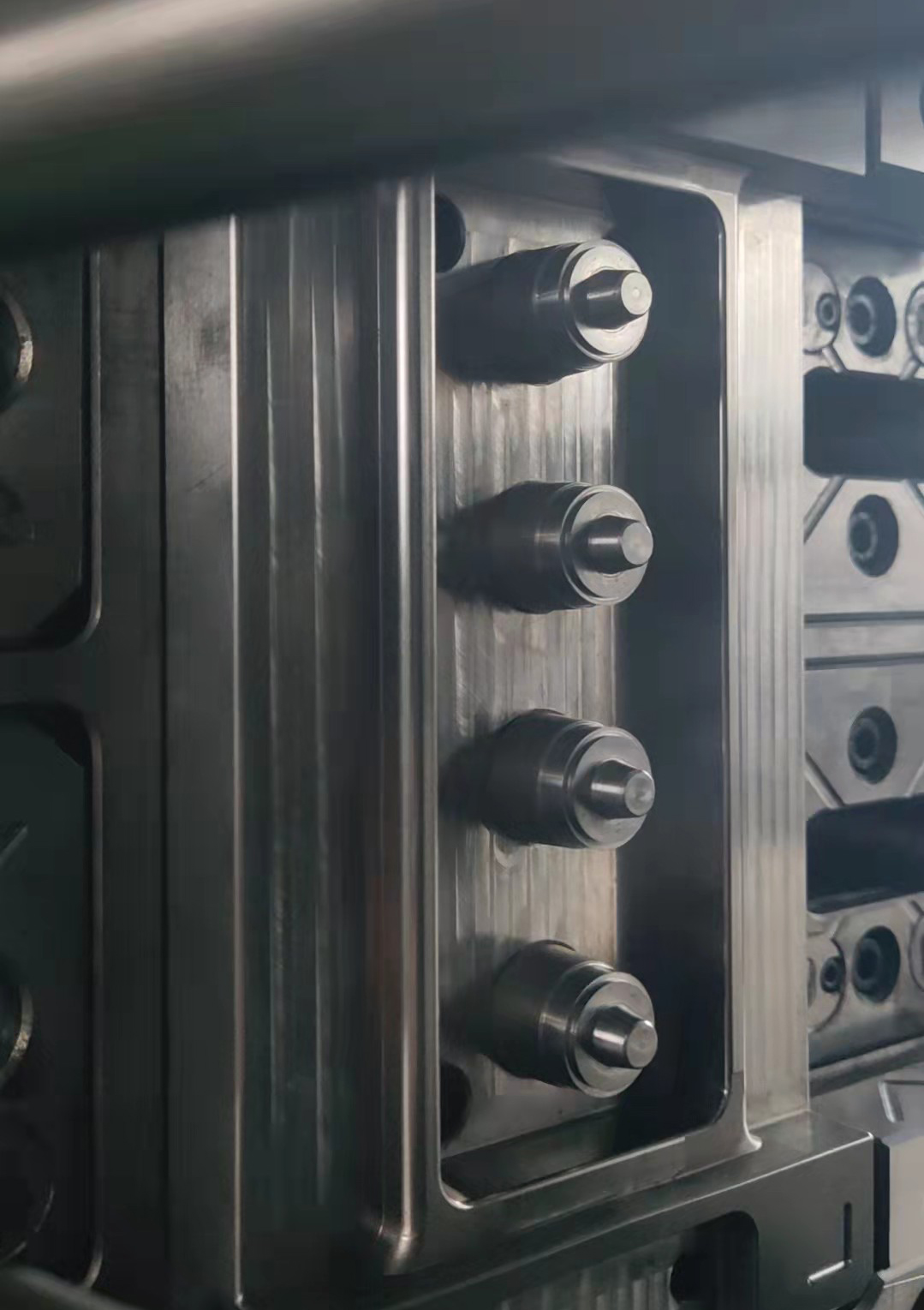
The working conditions of plastic molds are generally between 150℃ and 200℃. During the injection molding process, the injection molds must withstand the effects of temperature and also high pressure. Generally, we can follow these four aspects of the selection of mold material.
1. Appropriate surface hardness and wear resistance
The general hardness of plastic molds is 50-60HRC, and the heat-treated molds should have an appropriate surface hardness to ensure that the mold can work stably under specific pressure and temperature. At the same time. The heat treatment of the mold also affects the wear resistance of the mold. Appropriate mold surface hardness and wear resistance will further increase the service life of the injection mold.
2. Excellent processing performance
In the process of injection molds, it requires normal EDM processing as well as cutting processing and assembly works. It is necessary to fully consider the hardness of the mold steel and further improve the service life of the tools under the premise of ensuring the quality of the mold.
3. Excellent polishing performance
High-quality plastic products have higher requirements for the surface finish of the mold cavity. In the processing of this kind of mold, the mold cavity needs to be polished to make sure the surface roughness of the cavity is smaller enough for production.
4. Excellent thermal stability
In the injection molding process, injection molds need to withstand a certain temperature of melted plastics. Choosing the mold material with excellent thermal stability can reduce the changes in mold structure caused by temperature changes and further improve the quality of plastic products.
- Injection Mold
- Automotive Injection Mold
- Electronics & Electrical Injection Mold
- Consumer Goods Injection Mold
- Airplane Components Injection Mold
- Medical Components Injection Mold
- Irrigation Components Injection Mold
- Injection Molds

